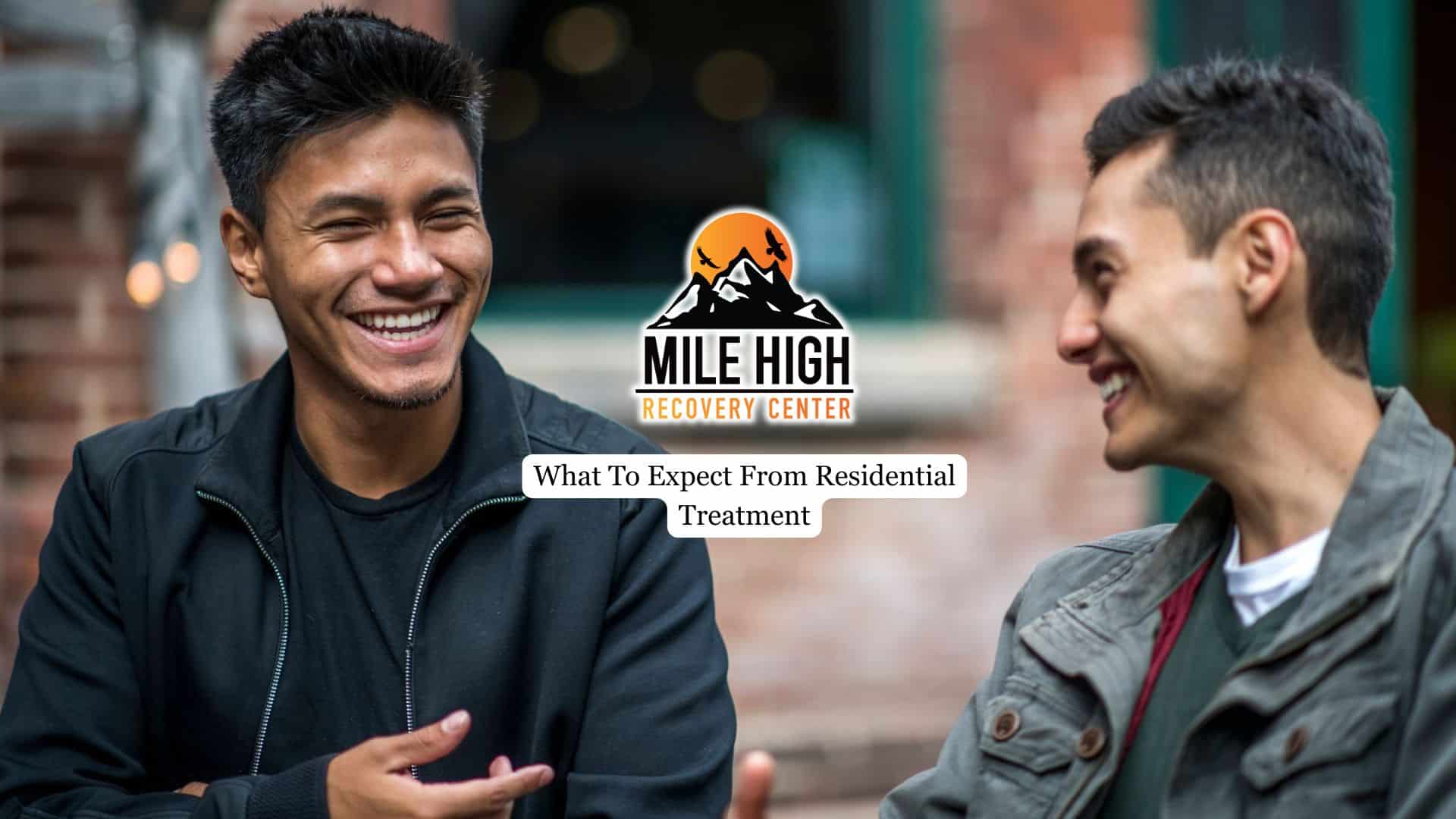Relapse prevention is part and parcel of an effective rehab program. Addiction recovery is an ongoing process that does not end on a certain date or after completing a particular list of tasks. An addiction alumni relapse prevention program and the many ways addiction treatment therapies focus on relapse prevention are fundamental to successful recovery and positive long-term outcomes.
Does relapse prevention work? Yes. It’s important to remember that relapse is part of recovery – a setback on the road to long-term sobriety. It should not be seen as a failure. But the more comprehensively you engage in relapse prevention work, the better your chances of avoiding relapse. Get answers to questions like, “What is relapse prevention?” and “Does relapse prevention work?” when you reach out to Mile High Recovery Center. Our phone number is 303-268-2144, and it is also very easy to contact us online.
What Is Relapse Prevention?
In a rehab program, your addiction recovery team will develop an individualized treatment protocol that includes a relapse prevention plan that covers things like self-care, step-by-step processes, and achievable goals.
Some of the goals of a relapse prevention plan are:
- Learning the stages of relapse
- Accepting that you have an addiction
- Using visualization and mindfulness to see yourself as a sober person
- Developing coping strategies for facing triggers and dealing with cravings
- Finding and engaging in support groups
- Committing to honesty with self and others
- Reframing negative thoughts and feelings (part of a behavioral therapy plan)
- Leaving behind the people and activities you associate with using
Does Relapse Prevention Work?
Relapse prevention keeps you linked to your recovery community of peers and, in many cases, addiction specialists and therapists as well. Community is an integral part of relapse prevention. Below are some of the reasons that relapse prevention programs are effective.
- Support – The emotional and practical support provided by being in a relapse prevention group cannot be underestimated. Social history teaches us that when humans try to go it alone, it does not work as well as living in groups and sharing both challenges and successes.
- Regularity – Knowing that at 4 p.m. every Tuesday and Thursday, you will be in your relapse prevention group is a strong counter-balance to the chaos of a life of addiction.
- Accountability – Being surrounded by peers on the same path you are is a great way to stay the course. In relapse prevention groups, you are reminded of your true priorities and supported in keeping your thoughts and beliefs directed in healthy ways that serve your best self.
- Practice – In relapse prevention groups, you continue to learn the life skills needed to maintain sobriety but also have the opportunity to practice them and work on strategies for avoiding and handling triggers. Ongoing practice turns learned skills into entrenched healthy habits.
- Professional oversight – A relapse prevention program post-discharge is often called an alumni program. Alumni program benefits include all the above. Although your official rehab program is completed, you still have access to the professional advice, support, and oversight of the therapeutic staff during relapse prevention sessions.
Addiction Relapse Prevention at Mile High Recovery Center
When looking at addiction treatment programs, make sure to find out if there are relapse prevention options available to you both during your rehab and after you have graduated. Evidence-based therapies during rehab will focus on the key supports of a sober life. Additionally, group work with peers on the practical elements of relapse prevention is extremely beneficial.
At Mile High Recovery Center, we take pride in our very involved alumni community and the efficacy of our relapse prevention programming. We hope you reach out to learn more about our unique rehab center in the heart of Denver, CO. Call 303-268-2144 or use our online form.








